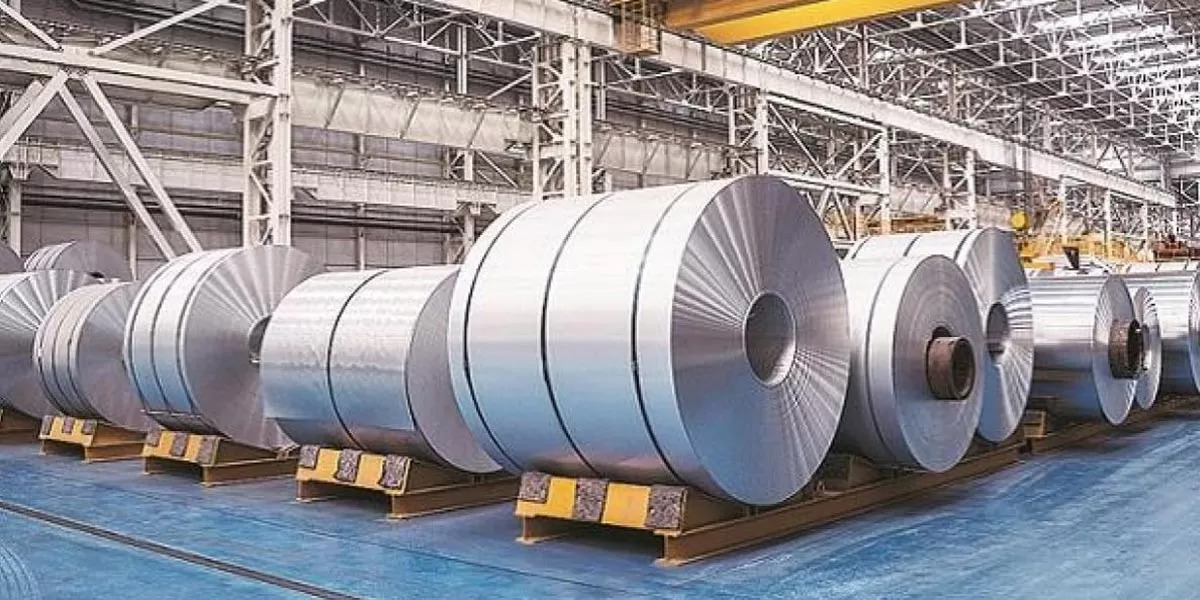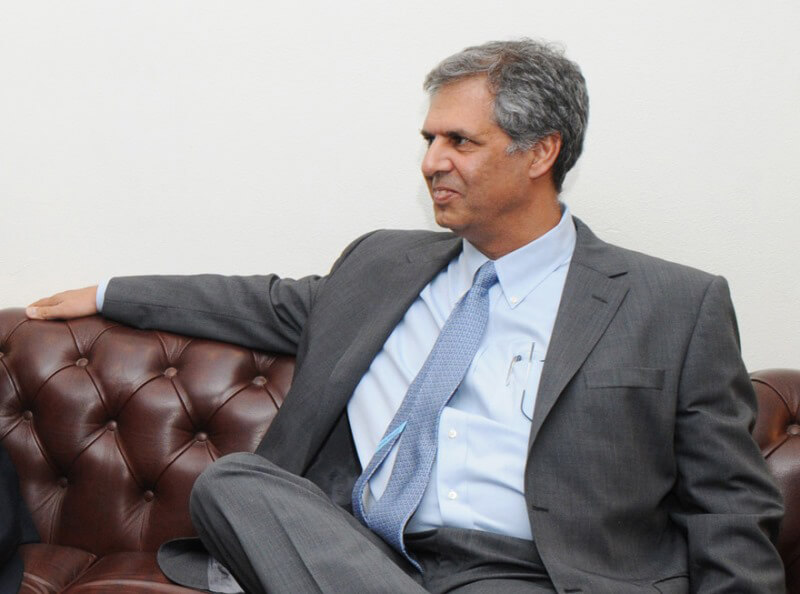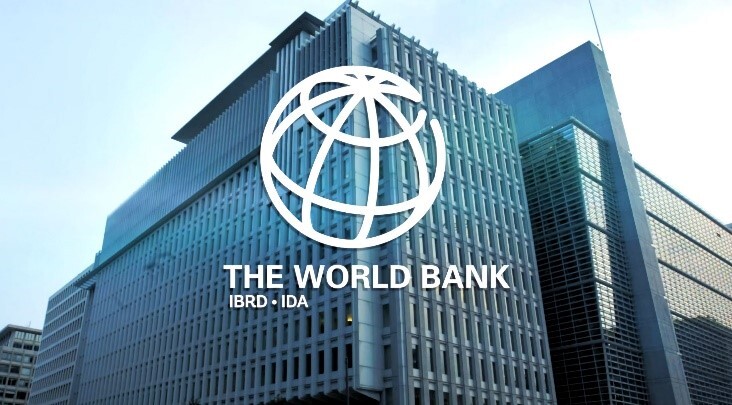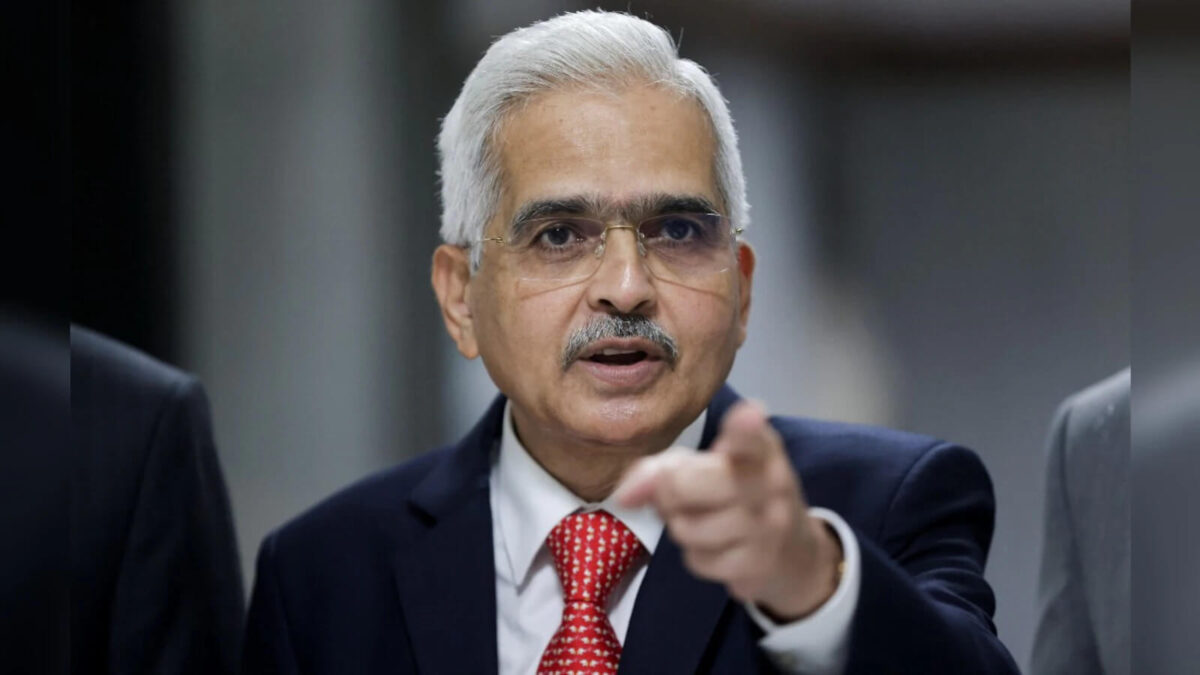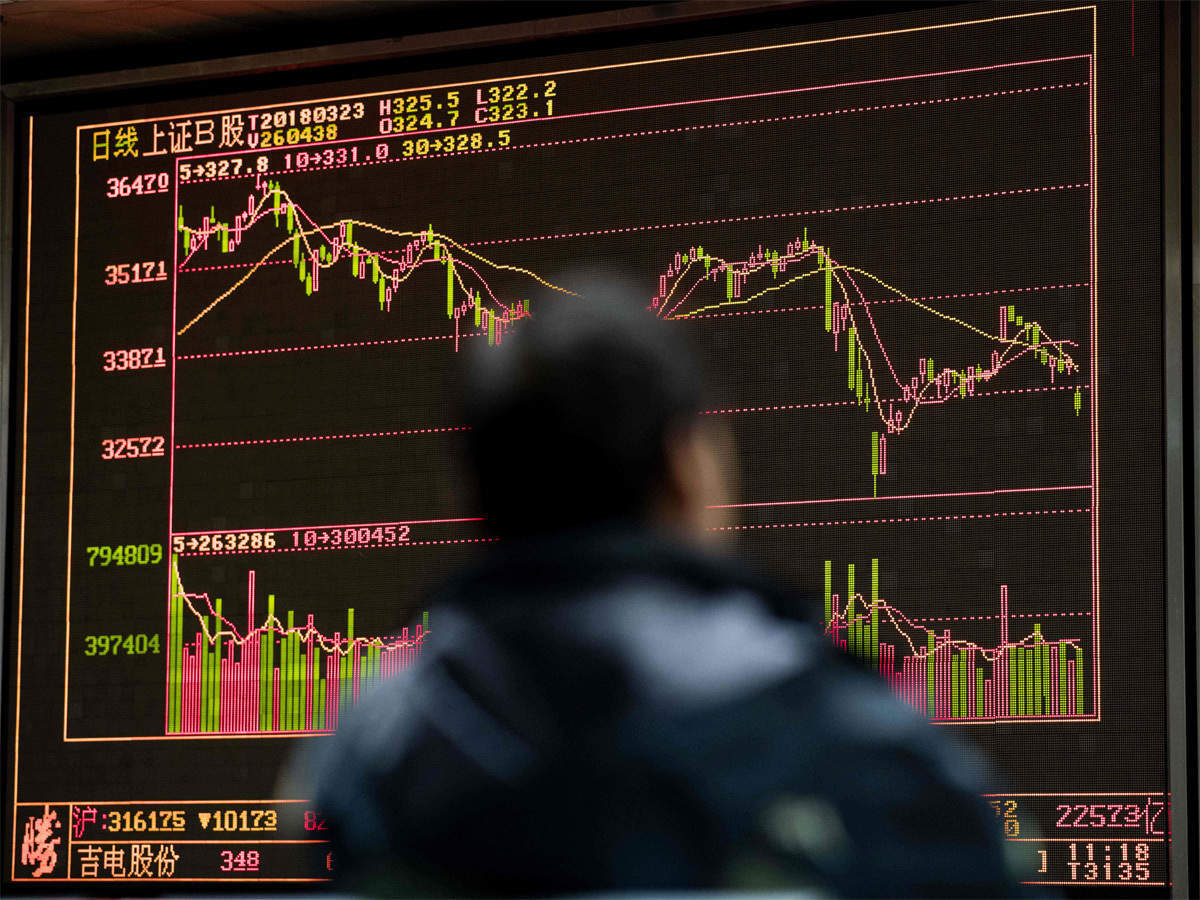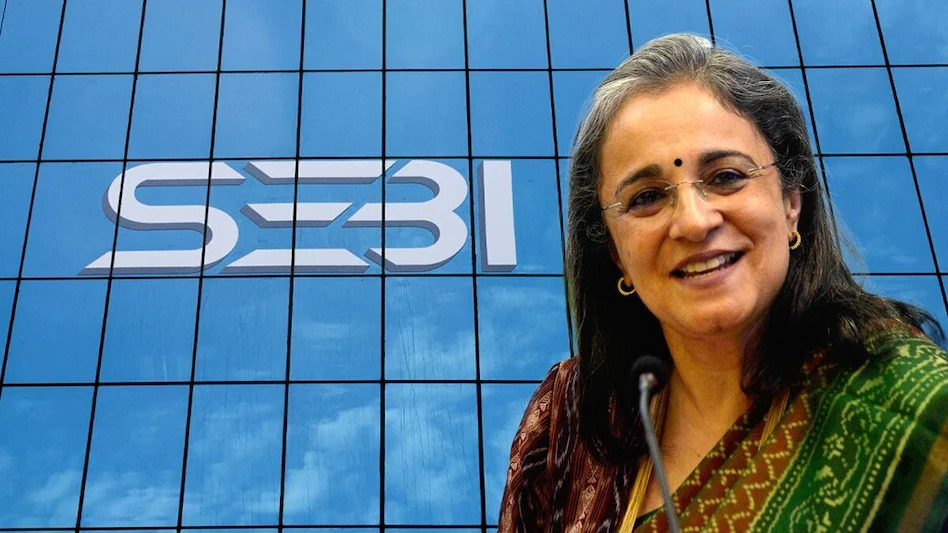NEW DELHI: The Indian government is set to tighten quality norms in response to a significant increase in the dumping of substandard steel, primarily from China. This decision comes amid ongoing concerns about the impact of cheap steel imports on the domestic market and local manufacturers.
Recent Developments
– Anti-Dumping Investigations: India has initiated several anti-dumping investigations targeting various steel products imported from China, including a probe into Cold-Rolled Non-oriented Electrical Steel (CRNO), which is believed to be sold below market value, harming local producers.
– Government Response: Officials indicate that expanding stringent quality regulations is essential to combat the influx of low-quality steel and protect domestic industries. These investigations are part of a broader strategy to address the challenges posed by the surge in Chinese steel exports, driven by domestic oversupply in China.
Context
– Global Market Impact: China’s steel production has significantly outpaced domestic demand, leading to increased exports at lower prices, a practice known as dumping. This has raised concerns in various countries, including India, where local manufacturers have reported unfair competition.
– Quality Concerns: The proposed tightening of norms aims not only to address pricing issues but also to ensure that imported steel meets specific quality standards, thereby safeguarding consumer interests and industrial integrity.
Conclusion
As the situation evolves, the Indian government’s measures reflect a growing trend among nations to impose stricter regulations on steel imports, particularly from countries accused of dumping practices. This initiative is crucial for maintaining fair competition and supporting local industries in an increasingly globalized market.
